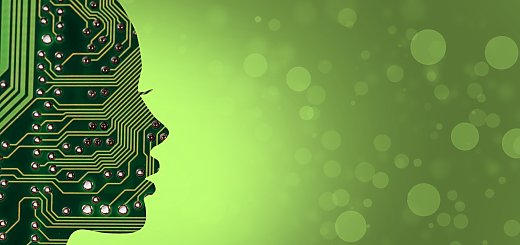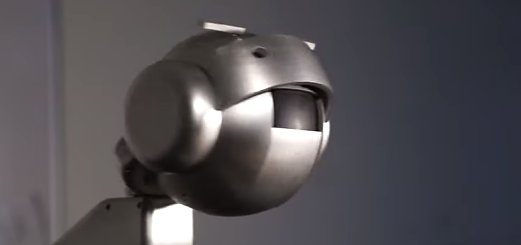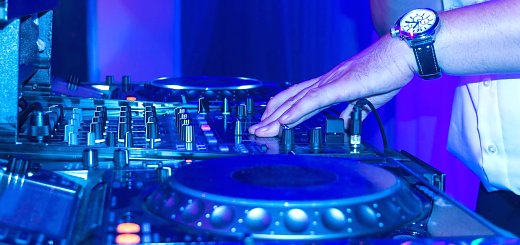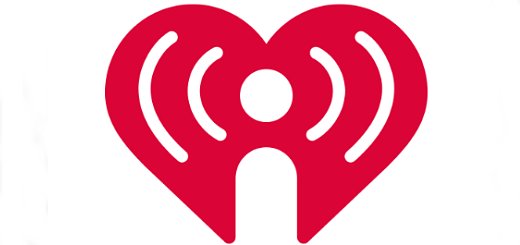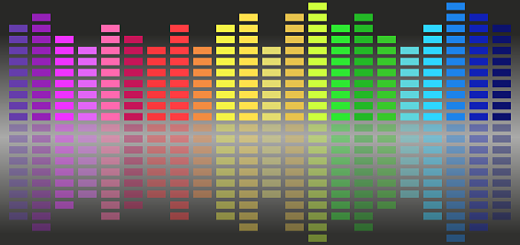When Ludwig von Beethoven died in 1827, he left some musical sketches for his 10th symphony and nothing more. In early 2019, Dr. Matthias Röder, the director of the Karajan Institute, an organization in Salzburg, Austria, that promotes music technology, was putting together a team to complete Beethoven’s 10th Symphony in celebration of the composer’s 250th birthday. He hoped an AI would be able to help fill in the blanks left by Beethoven. Ahmed Elgammal in the Conversation describes how he presided over the artificial intelligence side of the project, leading a group of scientists at the creative AI startup Playform AI that taught a machine both Beethoven’s entire body of work and his creative process. And - they did it" A full recording of Beethoven’s 10th Symphony is set to be released on Oct. 9, 2021, the same day as the world premiere performance scheduled to take place in Bonn, Germany – the culmination of a two-year-plus effort.
